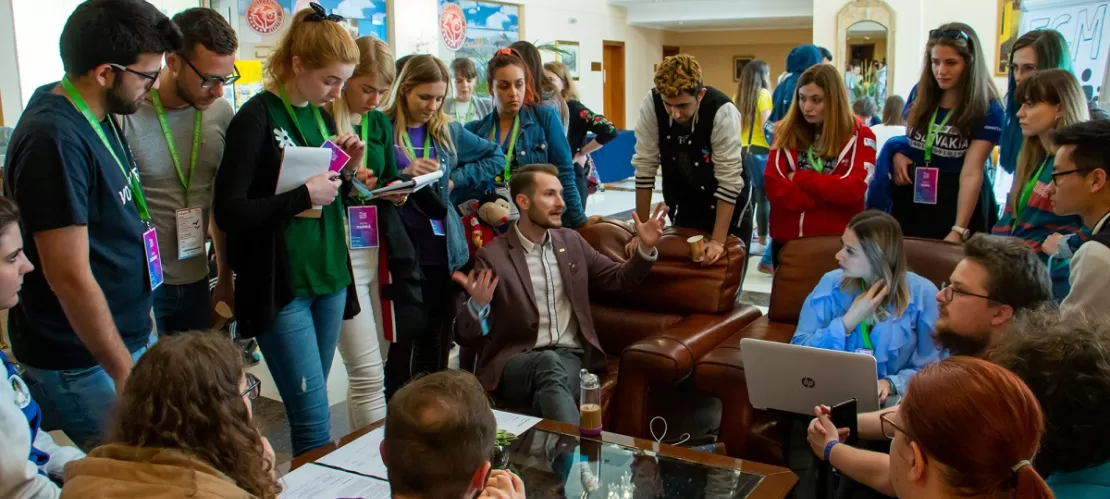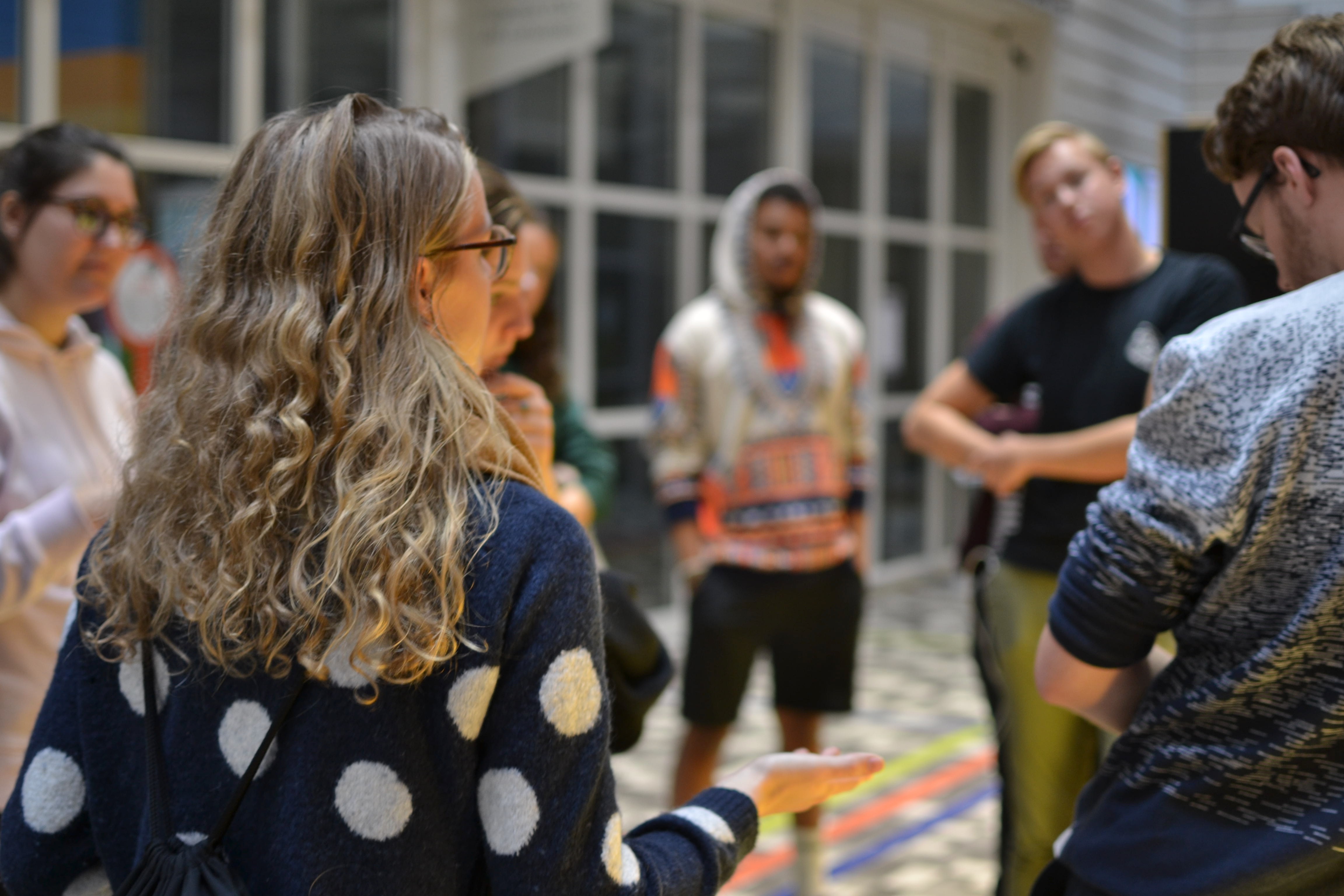
As the flagship programme of the European Union, Erasmus+ has earned a reputation for addressing a myriad of problems that we face today. Be it youth unemployment, educational institutions facing difficulties in preparing young people with suitable skills for the volatile and unpredictable labour market, or reconciling intercultural differences. However, the programme would not have deserved these high praises if there was no evidence to back it up. Luckily for us, we have the Erasmus+ Higher Education Impact Survey to turn to.

The survey frames the competencies gained during an Erasmus+ mobility period as “competencies relevant to employment and cohesive society” without making any distinction between the two as if both were on equal standing in the eyes of the students. As a matter of fact, the top competencies that the respondents mostly indicated (over 90%) as fields they had improved in included intercultural competencies, being able to interact and work with people from other backgrounds and cultures, being able to adapt and act in new situations, and knowledge of the host country's culture, society and economy. Skills more traditionally connected to employability such as sector or field-specific skills and analytical and problem-solving skills are further down the list, with 71% and 76% of students reporting improvement in these areas respectively.
While these skills are naturally highly valued in the labour market at the moment, they are not the only competencies that constitute a skilled citizen in the 21st century. Erasmus+ is built on a foundation of valuing cooperation as a pathway to building cohesive societies, which is reflected in the fact that the vast majority of Erasmus students (95%) reported that they learned how to better get along with people who have a different cultural background and believe that they are more aware of how to take into account cultural perspectives/differences when others have different ideas or opinions.

Still, it cannot be denied that students who participate in Erasmus+ have already acquired a wide range of these skills since they already made the choice to go abroad and dive into this life-changing experience headfirst. Therefore, policymakers should make sure to support other programmes and initiatives that could foster similar personal developments among young people who decide not to participate in the Erasmus+ Programme.
Written by: Ingrid Annilo
Source: Erasmus+ Higher Education Impact Study
This text represents the individual perspective of the author(s). It is not an official statement of the Erasmus Student Network.
